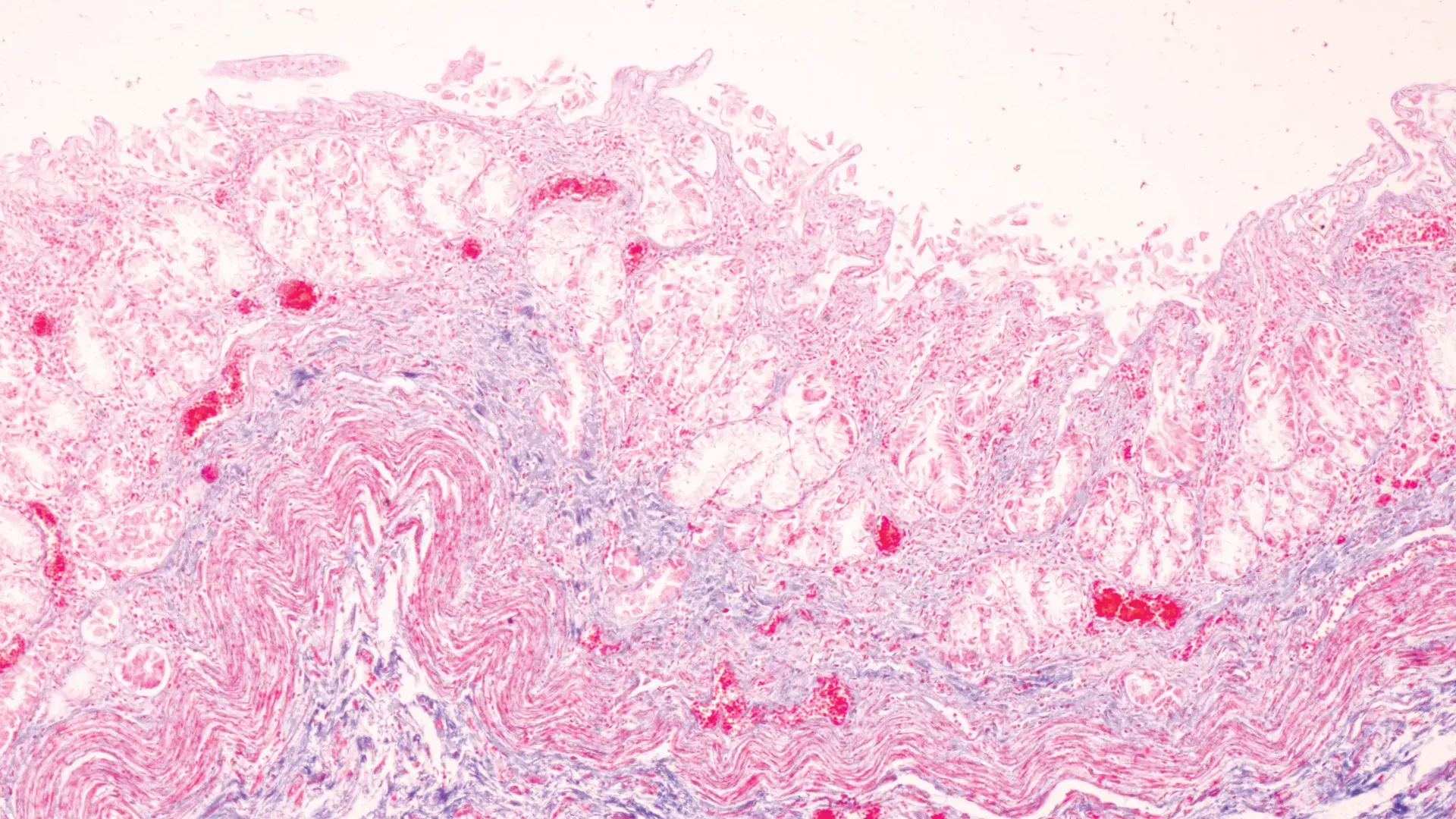4 Questions on NAD/NADH Testing Answered
Unlocking the Secrets of Cellular Energy
2 min read
![]() Dr. Chris Meletis, ND
:
February 20, 2019 at 8:43 AM
Dr. Chris Meletis, ND
:
February 20, 2019 at 8:43 AM

The Vicious Cycle of Celiac-Induced Nutrient Depletion
Patients with celiac disease are often deficient in key nutrients due to both low dietary intake and malabsorption. Vitamin D has been found to be deficient in 70% of children recently diagnosed with celiac disease. Low serum ferritin levels were found in 34.5% of children with celiac disease and 18.6 of these children had low zinc levels. Folate insufficiency has also been detected in celiac patients. Furthermore, gluten-free foods have been found to be low in fiber, vitamin D, vitamin B12, folate, iron, zinc, magnesium, and calcium.
Deficiencies in nutrients like zinc can lead to increased intestinal permeability due to zinc’s role in maintaining the integrity of tight junctions. This increased intestinal permeability can result in dysbiosis of the gut microbiota, which can create a vicious circle whereby celiac disease is associated with nutrient deficiencies and these deficiencies in turn lead to “leaky gut,” which further exacerbates celiac symptoms. Furthermore, vitamin D deficiency can contribute to intestinal dysbiosis due to its ability to influence the composition of the gut microbiota.
Clinical Action Steps:
When addressing gluten intolerance and overt celiac disease I focus on the common and patient specific nutrient deficiencies. Clinically it seems most diagnostically comprehensive, to include IgG antibody testing in addition to IgA when screening and monitoring patients. A celiac antibody panel measuring serum tTG IgA and IgG in addition to IgA and IgG antibodies specific for DGP is a more effective way to ensure patients are accurately diagnosed.
Watch this webinar to learn more:
References:
1. Deora V, Aylward N, Sokoro A, et al. Serum Vitamins and Minerals at Diagnosis and Follow-up in Children With Celiac Disease. J Pediatr Gastroenterol Nutr. 2017 Aug;65(2):185-9.
2. Datta Mitra A, Gupta A, Jialal I. Folate Insufficiency Due to Celiac Disease in a 49-Year-Old Woman of Southeast Asian-Indian Ethnicity. Lab Med. 2016 Aug;47(3):259-62.
3. Vici G, Belli L, Biondi M, et al. Gluten free diet and nutrient deficiencies: A review. Clin Nutr. 2016 Dec;35(6):1236-41.
4. Michielan A, D'Incà R. Intestinal Permeability in Inflammatory Bowel Disease: Pathogenesis, Clinical Evaluation, and Therapy of Leaky Gut. Mediators Inflamm. 2015;2015:628157.
5. Sturniolo GC, Di Leo V, Ferronato A, et al. Zinc supplementation tightens "leaky gut" in Crohn's disease. Inflamm Bowel Dis. 2001 May;7(2):94-8.
6. Waterhouse M, Hope B, Krause L, et al. Vitamin D and the gut microbiome: a systematic review of in vivo studies. Eur J Nutr. 2018 Oct 15. [Epub ahead of print.]
7. Beser OF, Gulluelli E, Cullu Cokugras F, et al. Prevalence and Clinical Features of Celiac Disease in Healthy School-Aged Children. Dig Dis Sci. 2018 Oct 12. [Epub ahead of print.]

Unlocking the Secrets of Cellular Energy

Short chain fatty acids (SCFAs) are organic acids produced by bacterial fermentation of dietary fibre and resistant starch. Enterocytes and...

Zonulin has emerged as a popular marker to assess the integrity of the intestinal mucosal barrier. Discovered by Dr Alessio Fasano, Zonulin...